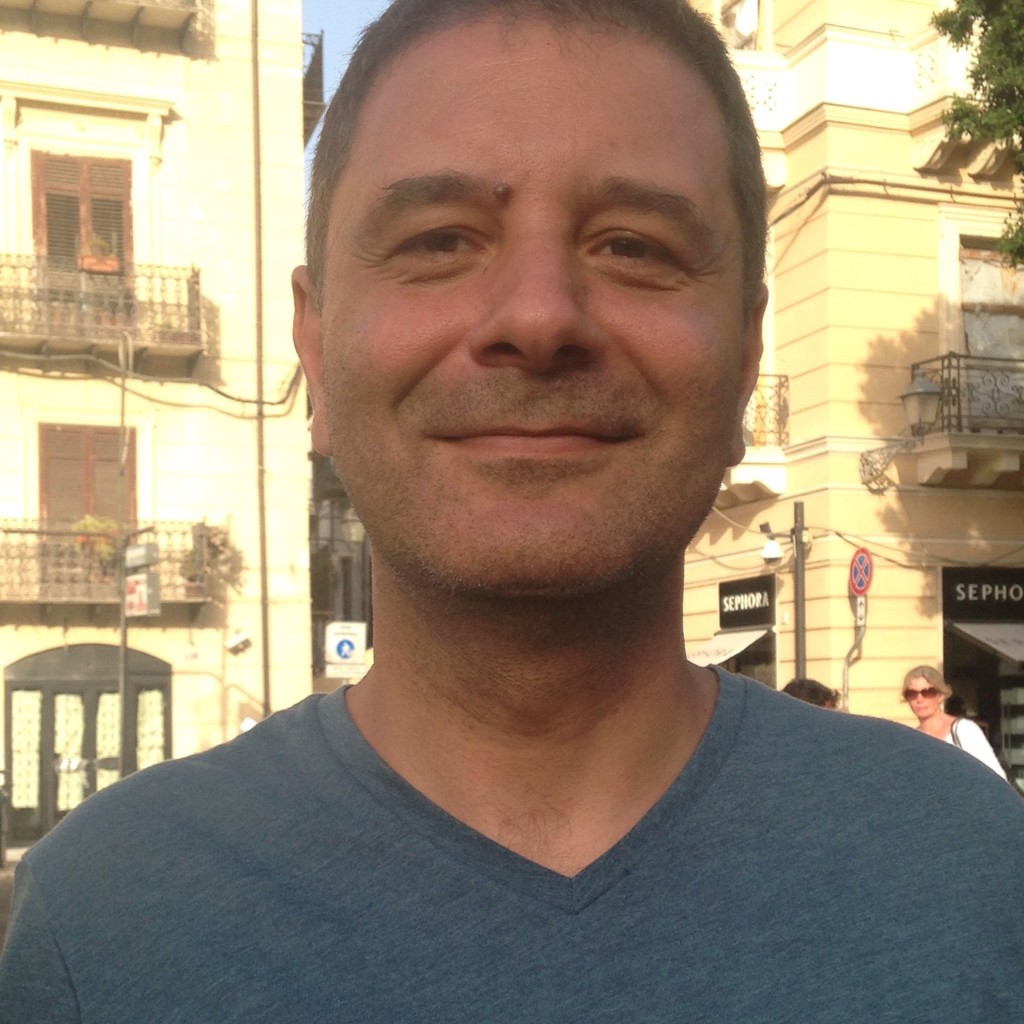Mourad Zghal
University of Carthage, TunisiaFor outstanding research on novel photonic systems and devices, and for contributions to optics education in Africa.

Mourad Zghal knows the value of a good mentor to a young scientist's career, because he benefited from such a relationship during his years as a student. And although he is devoted to his native Tunisia, he advocates international collaboration.
Zghal, a telecommunications professor at the University of Carthage, Tunisia, studies nonlinear effects in optical fibers and mentors graduate students from all around Africa. The author of more than 140 journal articles and conference presentations, he co-founded Tunisia's optical society and the country's first OSA-SPIE joint student chapter.
A native of Tunis, the capital of Tunisia, Zghal developed an early fascination with mathematics. At the end of his secondary schooling, he received high marks on his baccalaureate examination that qualified him for study in France. (Tunisia was a French colony from 1881 to 1956, and its residents still use French widely in higher education.) However, the young Mourad wanted to stay close to his parents and family, so he entered Sup'Com, the nickname of the University of Carthage's telecommunications college. The world was at the cusp of the telecom boom of the early 1990s, so the field was full of promise.
Later, as Zghal pursued his master's and doctoral degrees in telecommunications and electrical engineering at Tunis El Manar University, he met Zohra ben Lakhdar, one of Tunisia's first female physics professors. She directed the university's spectroscopy laboratory and earned several international awards, including the L'Oréal-UNESCO Award for Women in Science. She mentored the younger Zghal, helped him find research opportunities and taught him values such as humility. “The good values that I learned from her, I'm trying to share with my students and with my colleagues in research,” he says.
Having a mentor who can open doors is especially important to students from developing countries who may otherwise not have access to world-class laboratories, according to Zghal. He says that Tunisia's universities are some of the best on the African continent and in the same league as their counterparts in southern Europe, but students pursuing higher education in sub-Saharan countries are not so lucky. To that end, he helped establish the African Laser Centre, a virtual “center of excellence” for facilitating optics research on the African continent. In 2016, with support from the center, Zghal and several South African scientists published a Scientific Reports article on a holographic approach to mode-division multiplexing.
One of Zghal's goals is to establish more experimental laboratories in Tunisia, so that the country's future scientists don't have to travel to Italy or France, as he has done, to work with cutting-edge optical equipment. Zghal's department hosts graduate students from several African countries, such as Senegal, Chad and Côte d'Ivoire, but their Tunisian training consists of numerical studies and simulations, and they travel abroad to work with femtosecond lasers and similar devices. The lack of homegrown state-of-the-art labs is the biggest challenge to the careers of Zghal and his Carthage colleagues.
Zghal, who speaks four languages fluently, says his students are grateful to OSA for travel funding to go to conferences that they would not otherwise be able to attend. Equally important is the student chapter's ability to invite European and U.S. researchers to give talks in Tunisia. He is proud that he received his OSA Fellow honor in the Society's centennial year.
Both Zghal and ben Lakhdar served as founding officers of the Optical Society of Tunisia, and both have been associates of the Abdus Salam International Centre for Theoretical Physics in Trieste, Italy. Ben Lakhdar is mostly retired, but Zghal continues to teach, mentor graduate students and do scientific outreach to Tunisia's secondary students. “I'm trying to be that good mentor for my students, but I’m not sure if I'm successful or not,” he says.
Profile written by Patricia Daukantas, Science Writer/Editor
